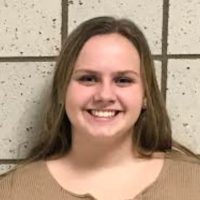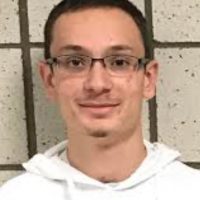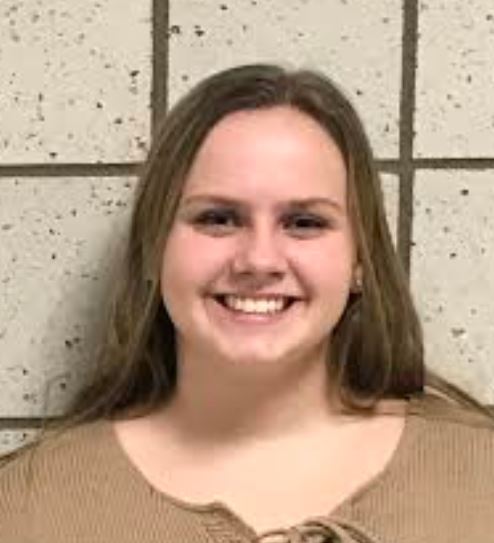By Mark Ambrogi

Carmel High School junior Cameron Poulsen had a deeply personal reason for getting involved with Carmel’s InvenTeam.
When Poulsen lived in California, a younger member of her gymnastics/cheerleading team had status epilepticus, a condition that results in epileptic seizures that can last more than five minutes.
“She was diagnosed when she was 3 years old and has been taking medication for it ever since,” said Poulsen of the now 11-year-old ex-teammate. “That is a big part of her life, and that’s one of the reasons why I joined this club.”
During discussions, sophomore Sepehr Asgari, president of InvenTeam, came up with the idea of a wearable device that would detect and treat seizures by injecting life-saving medicine into patients with seizure disorders such as epilepsy. The CHS InvenTeam recently was awarded a $10,000 grant from Lemelson-MIT to pursue the project.

The Lemelson-MIT InvenTeam Challenge inspires youth to utilize STEM (Science, Technology, Engineering and Math) based learning to design an invention that helps solve real-world problems. A panel of invention and academic leaders from MIT, the Lemelson-MIT Program, industry experts and InvenTeam student alumni selected the national winners. CHS was one of 15 schools selected and only the second team in Indiana history to receive the grant.
“The device will use EMG and EDA sensors to pick up on biomarkers of a seizure, a particular type of seizure,” Asgari said. “Then once it detects that, it will inject anti-convulsive medications directly into the muscle of the patient. It reduces the time under a seizure and reduces the chances of brain damage and injury. The average ambulance response time is 9.4 minutes in the U.S., so if a seizure lasts more than five minutes you’re going to get some form of brain damage. Our device will treat it immediately. So when the ambulance arrives most of the work is done.”
Asgrai came up with the idea during the 2015-16 school year, the first year of the team.
“Everyone built on the idea,” Asgari said.
Most of the team members are sophomores. The members will work on building the prototype throughout the school year and then travel to Boston in June 2017 to showcase their prototype.
The team set up a GoFundMe account to help raise funds to fly the entire team to Boston. To contribute, visit gofundme.com/CarmelInvenTeam.
Science teacher Jacob Fitzgerald, co-sponsor of the team with Kathy Hallett, went to Boston to watch the 2016 competition.
“Most of the teams are made of the juniors and seniors, and here it’s mostly sophomores,” Fitzgerald said. “(CHS club members) are at the same level at a younger age, which is super impressive.”



